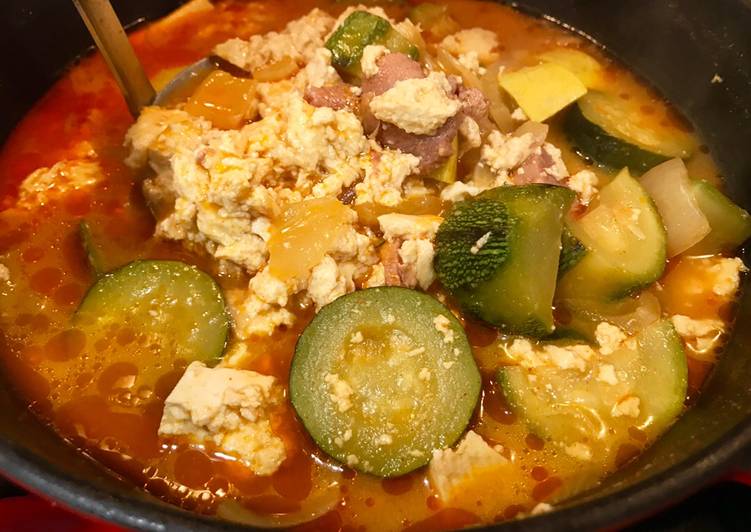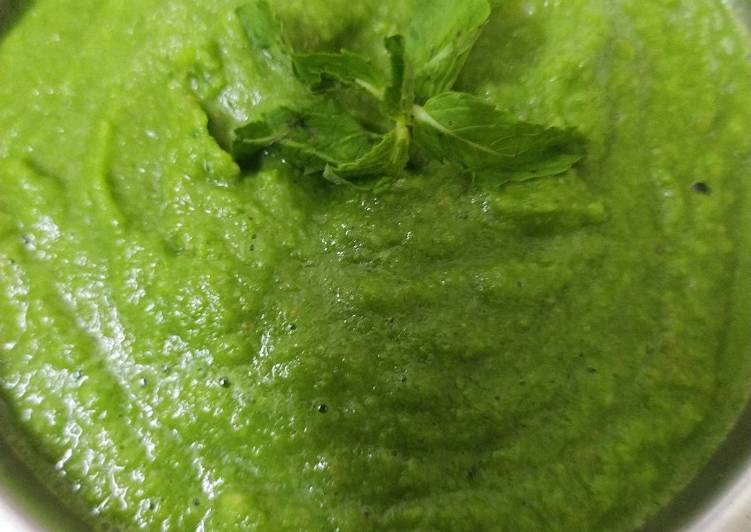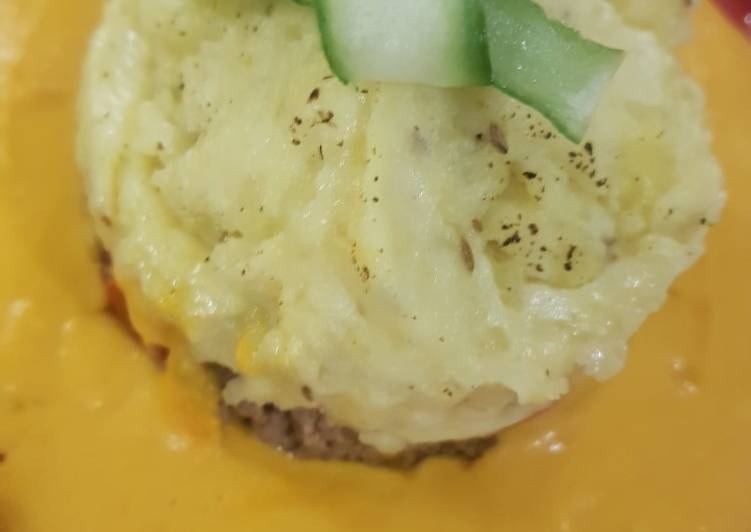
Hey everyone, I hope you are having an amazing day today. Today, I will show you a way to prepare a distinctive dish, spicy hobak jjigae (korean squash stew) with pork & tofu. It is one of my favorites. This time, I am going to make it a bit unique. This is gonna smell and look delicious.
Spicy Hobak Jjigae (Korean Squash Stew) with Pork & Tofu is one of the most popular of recent trending foods on earth. It is enjoyed by millions every day. It’s easy, it is fast, it tastes delicious. They are nice and they look fantastic. Spicy Hobak Jjigae (Korean Squash Stew) with Pork & Tofu is something that I have loved my whole life.
Gochujang Hobak Jjigae or Meatless Zucchini Mushroom stew is my favorite stew for a homestyle Korean dinner. Shitake broth makes it extra flavorful. My light and meatless take on a classic Korean stew that traditionally uses beef or pork.
To begin with this recipe, we have to prepare a few components. You can have spicy hobak jjigae (korean squash stew) with pork & tofu using 9 ingredients and 5 steps. Here is how you can achieve that.
The ingredients needed to make Spicy Hobak Jjigae (Korean Squash Stew) with Pork & Tofu:
- Make ready 1/2 onion, diced
- Make ready 1-2 jalapeños, cut into 1/8" thick slices
- Get 2-4 garlic cloves peeled and smashed (or chopped)
- Take 1/2 pound pork shoulder, thinly sliced
- Prepare 1/4 cup dwenjang (Korean soybean paste) OR miso (which is the Japanese version)
- Get 1/4 cup gochujang (Korean chili paste)
- Take 4 cups water
- Take 4 cups calabacita squash or zucchini, cut into 1/2" thick slices (about 2 to 3 medium squashes)
- Take 1 (14 oz.) package tofu (can be any firmness)
Sundubu Jjigae is Korean stew made with soft (uncurdled) tofu. As you can imagine, the tofu texture is silky soft and because of that, this tofu is also a In general, the stew is spicy. It can potentially make you sneeze while you're cooking and may even tickle your throat. This spicy kimchi jjigae (kimchichigae) or kimchi stew is a favorite winter meal in Korea.
Steps to make Spicy Hobak Jjigae (Korean Squash Stew) with Pork & Tofu:
- Put all ingredients except squash and tofu in a pot, cover, turn the heat to medium high, and cook for 15 minutes.
- Give the jjigae a few good stirs. You'll see the jjigae change color as the dwenjang and gochujang dissolve into the broth. Let the jjigae continue cooking uncovered for 2 to 3 minutes until it comes to a boil.
- Add squash, give it a few good stirs, and cook another 15 minutes covered.
- Crumble tofu into the jjigae. (This is not typical - usually it's cut into cubes or slices - but I like it this way because the tofu picks up more flavor from the broth.) Cover and cook another 10 minutes. - - Don't worry that the broth is constantly boiling rather than simmering. Jjigae gets its well developed pungency from this constant application of higher heat and the resulting compounding, melding, and reduction of flavors.
- At this point, give everything another good stir and see if you need to adjust the seasoning. If it tastes fine, you're done. - - If a little too salty, add a touch of water. If you want more saltiness, you can add a little more dwenjang and/or gochujang, remembering that the gochujang is much hotter (as in spicy) than the dwenjang. - - If you do adjust the seasoning, let it boil another 4 or 5 minutes to let the new level of seasoning meld. - - That's it. Enjoy!
It is best served with white rice to help balance the heat. Kimchi stew (kimchi jjigae or kimchichigae) combines kimchi with other ingredients such as beef, onions, garlic, and tofu. It is meant to be eaten slowly, and. Budae Jjigae is a super popular Korean "jeon gol" (hot pot). This gochujang jjigae (stew) is one of my favorite ways to eat them.
So that’s going to wrap this up with this special food spicy hobak jjigae (korean squash stew) with pork & tofu recipe. Thank you very much for your time. I am sure you will make this at home. There’s gonna be more interesting food at home recipes coming up. Don’t forget to save this page on your browser, and share it to your family, colleague and friends. Thanks again for reading. Go on get cooking!

